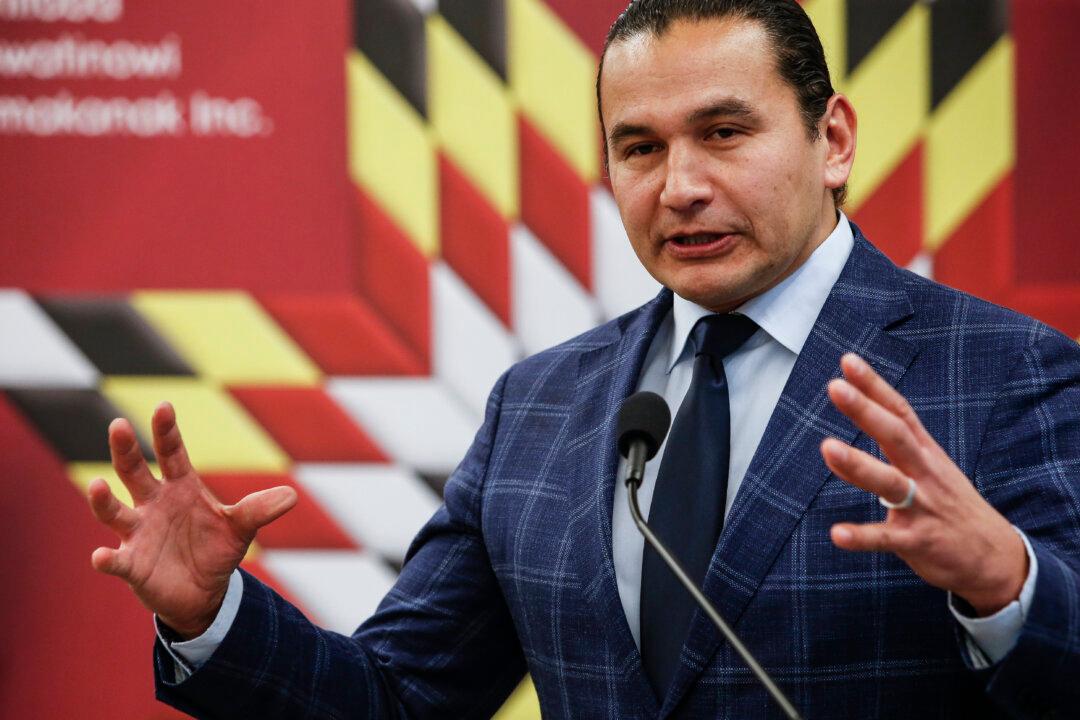Manitoba’s new NDP government has unveiled its first budget under the leadership of Premier Wab Kinew.
The budget has a major focus on health care, underlining promises made by the NDP during last fall’s provincial election to improve health care and make life more affordable.





